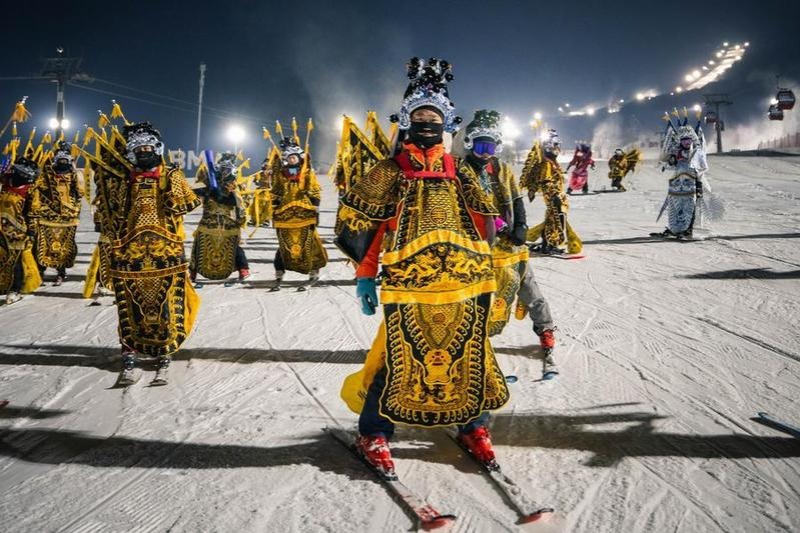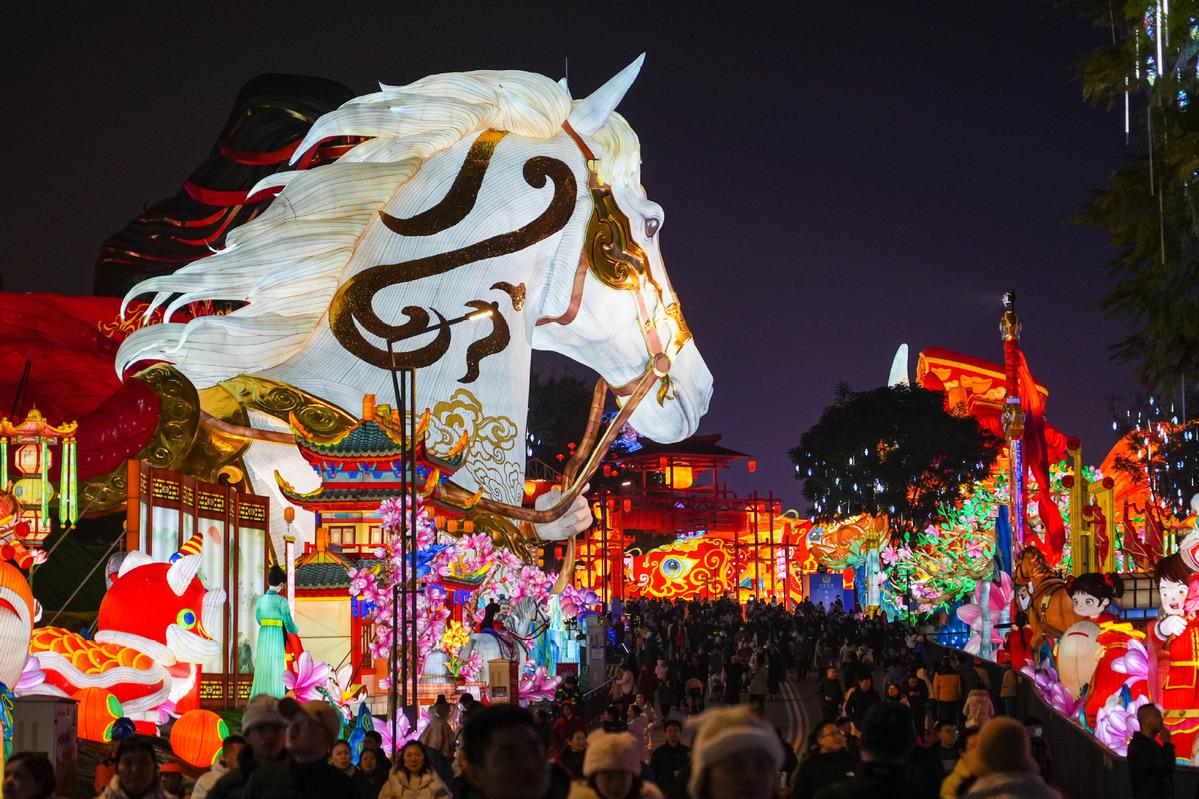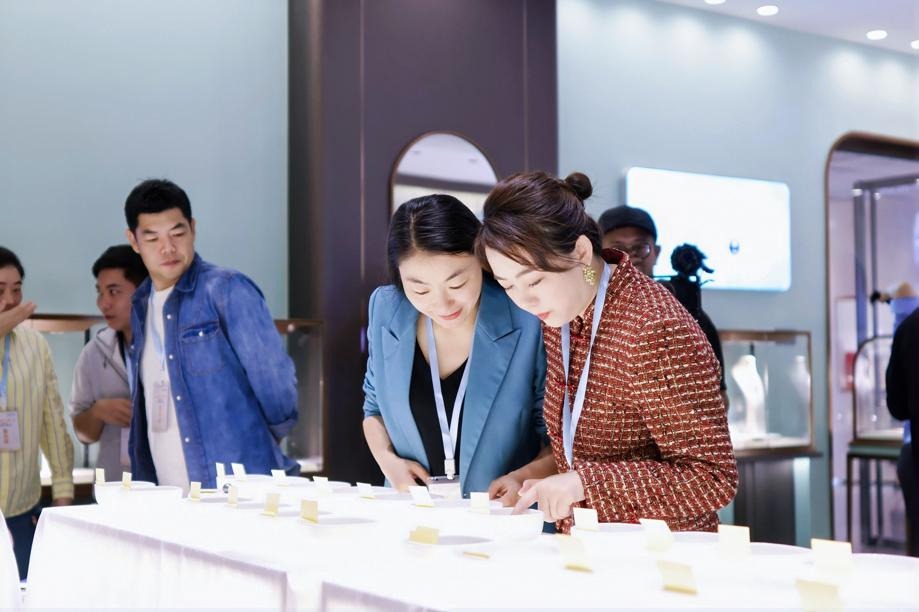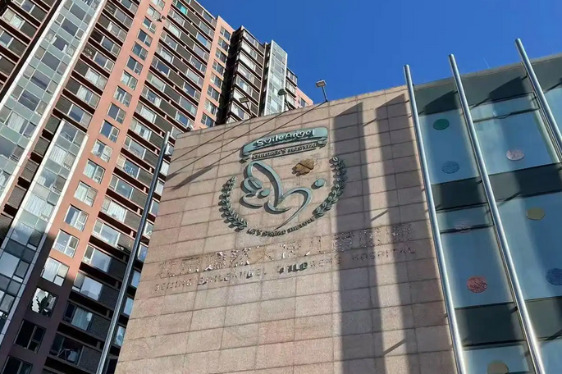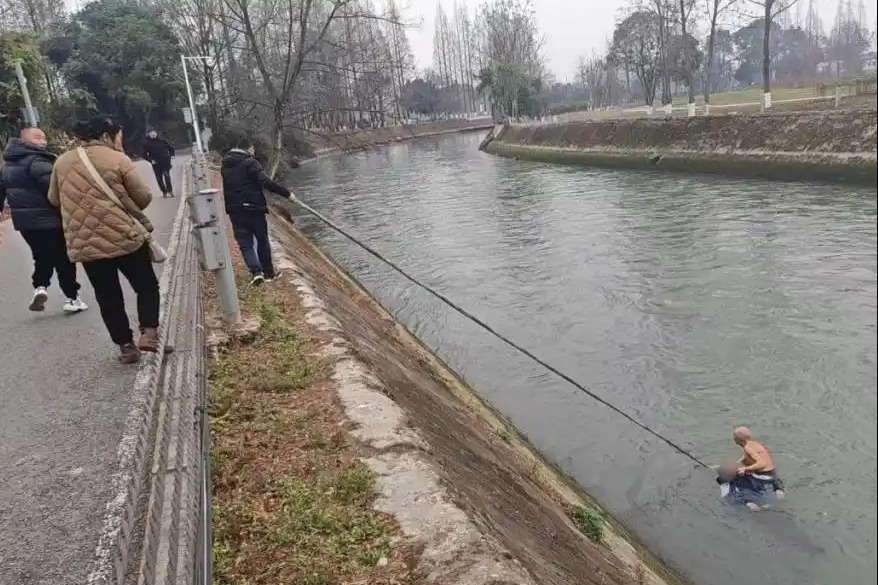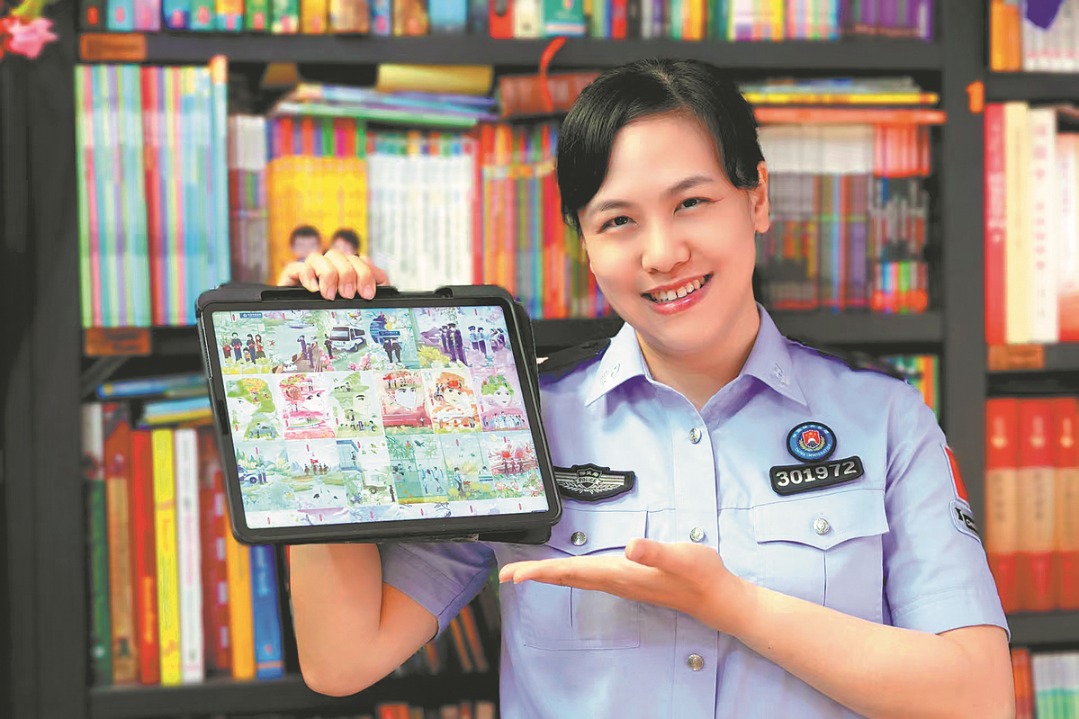Village doctor's work on lake and land leaves lasting mark


Honghu woman has spent decades delivering babies in Hubei's Chuantouzui
When Xie Ai'e was recruited to be a doctor at a clinic in Chuantouzui village in Honghu city, Hubei province, in 1992, she didn't expect it to be a 10-square-meter cabin floating on a lake, nor did she think of spending all her youthful days there.
At the time, the village-basically a cluster of boats-was located at center of the 466-square-kilometer Honghu Lake.
The lake is a major source of income for the 600 or so villagers. For decades, locals lived on the water, fishing and planting lotus.
"What every family feared was getting sick," said former fisherman Liu Boling, 66, adding that it took at least three hours by boat to reach the nearest hospital on the bank.
Since there was no doctor at the village, locals often endured pain until it subsided, said Liu Juncheng, former Party secretary of the village.
Xie, then 22, had recently gotten married. She and her husband, He Taiyu, worked at different clinics in the city and could meet each other only every three to five days. After learning Chuantouzui was recruiting doctors, the couple applied for the positions and were hired.
"They wanted a female doctor who could help when babies needed to be delivered, because sometimes women would give birth at midnight," she said. That year, in fact, a villager had died during childbirth while being transferred to hospital.
The environment was even harsher than they imagined. Under the wooden deck of the floating clinic was the 10-square-meter cramped space for them to work and live. The only furniture was a bed. Below that was the lake itself.
During rainstorms in the summer, the boat shook violently, often enough to "make us vomit", Xie recalled. In winter, the cabin was like an ice cellar. Having no electricity, they used a kerosene lamp at night.
The most common foods were fish and pickles, since it was inconvenient to buy fresh food on the bank.
"At first, I could not sleep because the sound of the waves was so loud," Xie said, but she got used to it after about six months.
The couple received about 20 patients a day, treating ailments such as scratches, sore throats, colds and headaches.














